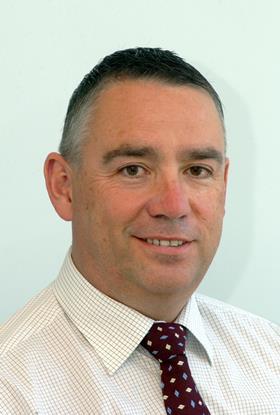
The Rural Payments Agency (RPA) faces one of the most testing periods in its history, according to chief executive Mark Grimshaw.
Speaking at the publication of its 2014/15 business plan, Grimshaw said the key challenge for 2014/15 would be preparing RPA customers for a smooth transition to the new CAP schemes.
Working with Defra to build a computer system to deliver the payments, while maintaining ‘business as usual’ to the high standards customers have come to expect, would also be priorities, Grimshaw noted.
He added: “We have taken the practical decision to maintain our indicators at 2013 levels to focus on preparing our people, our customers and our systems to be ready for the transition to the new, reformed CAP.There will, however, be no let-up in the drive to maintain our current high levels of customer service and scheme performance while delivering the third year of the five-year plan.
“It will be a tough task, but RPA is in a better place than it was last time round. Over the past two years we have completed early a highly successful strategic improvement programme which has stabilised the agency and delivered our best-ever performance.
“[But] our priority now is to persuade customers to engage early with the CAP Information Service (CAPIS) online system. They can find out how by looking out for the series of leaflets we are producing as part of the CAP Reform Countdown.With the help of the Defra network, our people and our industry partners, we are working hard to make the transition to the new schemes and the new IT as smooth as possible.”
The plan’s headline indicators include achieving an average customer satisfaction score of 8 out of 10 across the year; ensuring that 97 per cent of customers are paid 97 per cent of the fund value by 31 March 2015; and guaranteeing that at least 99 per cent of payments are accurate first time, measured against financial value.
The RPA makes CAP-support payments, traces livestock and carries out inspections.
It manages more than 40 schemes, paying farmers and traders more than £2 billion each year.
Under the new CAP, which comes into effect from 2015, farming, wildlife, rural businesses and the wider economy in England are set to benefit from £15 billion in funding.



